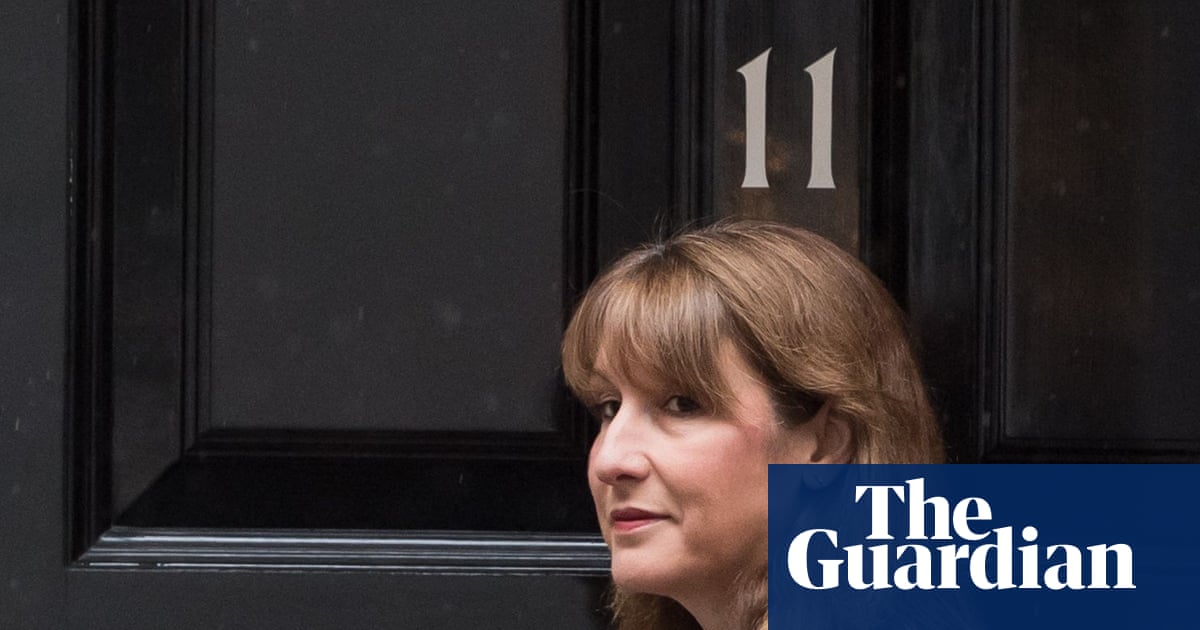
"The threat of higher taxes in next month's budget and concerns about slowing economic growth pushed the pound to its lowest level against the euro in more than two and a half years at one point on Wednesday. Sterling also slumped against the dollar as traders digested news that Rachel Reeves will need to fill a larger hole in the public finances when she puts together her budget plan, after a bigger-than-expected downgrade to the UK's productivity outlook."
"Analysts said the prospect of tax rises and spending cuts as part of a tough budget on 26 November had brought forward the likely date for when the Bank of England will cut interest rates from the current 4% to 3.75%. Until recently, financial markets had bet that the next rate reduction would be delayed until March, but investors are now fully pricing in a quarter-point cut in February."
"In the US, the Federal Reserve reduced its benchmark policy rate by a quarter point to the 3.75%-4% range on Wednesday after the conclusion of a two-day meeting. Jerome Powell, the Fed boss, voted with the majority for a more limited reduction than the Fed board member Stephen Miran a Donald Trump nominee who dissented in favour of a larger, half-point cut."
Threats of higher taxes and concerns about slowing growth pushed the pound to its weakest vs the euro in over two and a half years and also weakened it against the dollar. Rachel Reeves must fill a larger hole in public finances after a bigger-than-expected downgrade to the UK's productivity outlook. The pound fell to $1.32 and nearly 1.13 against the euro before settling at 1.14. The prospect of tax rises and spending cuts ahead of the 26 November budget brought forward expectations for a Bank of England quarter-point rate cut to February, a change echoed by Goldman Sachs. Lower rates tend to reduce currency valuations as investors seek higher yields elsewhere. UK inflation remaining at 3.8% for three months supports the view that inflation has peaked.
Read at www.theguardian.com
Unable to calculate read time
Collection
[
|
...
]